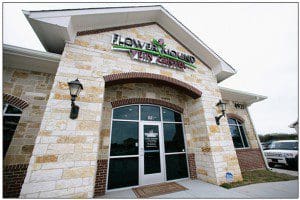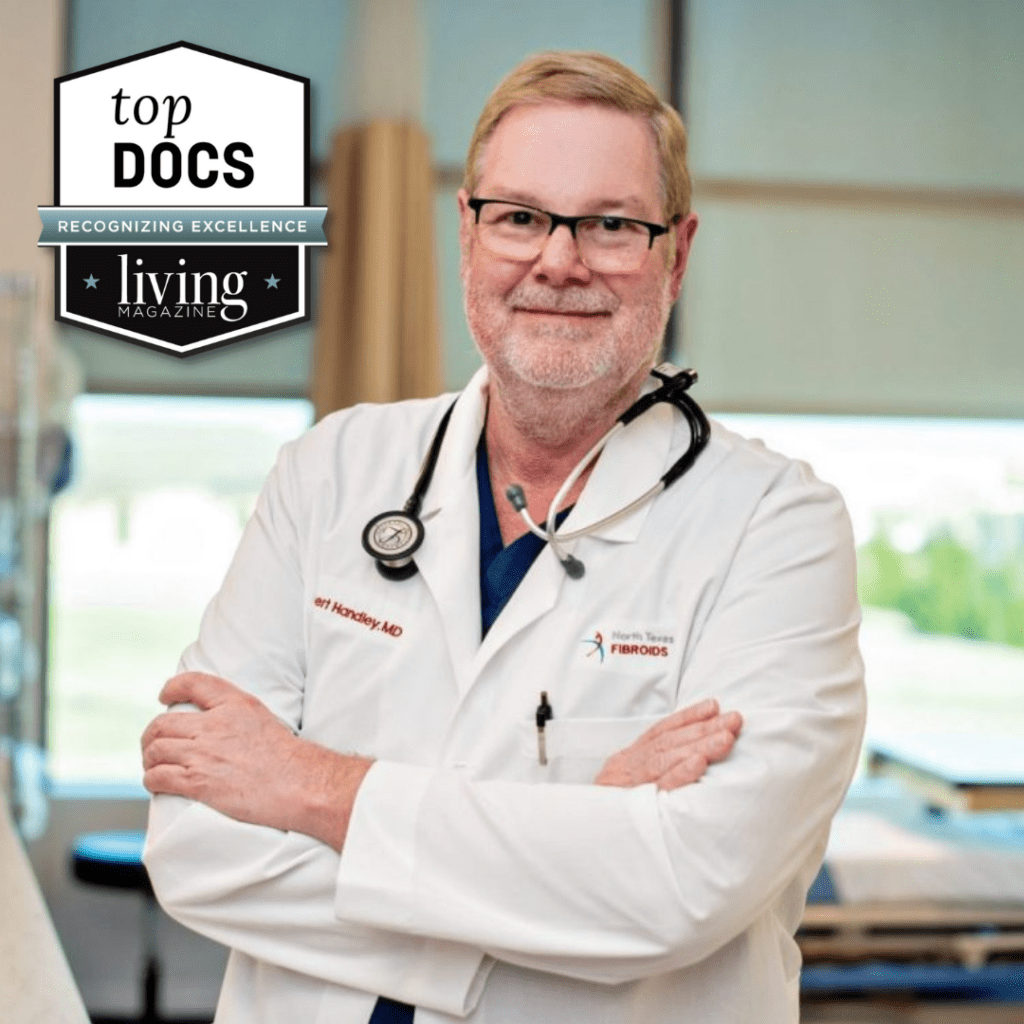One of the things that always surprises us in our practice as vascular doctors in Flower Mound is when new patients tell us that their general practitioners recommended that they see a vein doctor months or even years ago, and that they didn’t do it. When asked why, some say that they considered it unnecessary, because after all varicose veins are a “normal part of aging,” and they figured they could “live with them.”

The problem with this is that both of these assumptions are completely wrong. Varicose veins are the symptoms of a disease, and a progressive disease that only gets worse without treatment. So trying to “live with them” often turns into an exercise in “barely living.” A few of the patients who finally came to see us only did so when their vein disease had gotten so much worse that they were no longer able to walk.
Why a Flower Mound vein specialist? What can they do that my family doctor can’t? With all due respect to your family doctor and to general practitioners everywhere, there are aspects of the diagnosis and treatment of vein disease that require years of training above and beyond the regular course of study offered in medical schools. While your GP may be able to recognize varicose veins when they become visible on your legs, would he or she be able to recognize a much more dangerous vein disease such as deep vein thrombosis, which often presents no visible symptoms? To diagnose many of these conditions, a physician needs years of training in how to use ultrasound and other advanced diagnostic methods to look below the surface of the skin. And the need for specialized training and experience only starts with diagnosis. Modern vein disease treatment methods rely on a new field called interventional radiology, in which doctors use ultrasound to precisely guide tiny catheters into place within diseased veins and either close them or remove blood clots using heat, radiofrequency energy, or sclerosing agents.
For expertise, you really should trust the experts So when your general practitioner tells you to see a vascular specialist, in effect what he or she is saying is, “I have noticed some symptoms that seem to indicate the presence of (or a high risk for) vein disease. But because there are so many different types of vein disease, you really should see a doctor who specializes in these diseases.” Also, your family doctor is probably more aware than you of what can happen if you fail to seek treatment for early signs of vein disease – it gets worse. Left untreated, varicose veins can quickly escalate to legs and ankles so painfully swollen that you can barely walk, or legs covered with open, bleeding sores called leg ulcers that refuse to heal. And that’s just what happens if you ignore varicose veins – if your family doctor told you to see a specialist because he suspected you might have deep vein thrombosis (DVT), the “worst case scenario” is much worse. Avoid seeking treatment and you could die. If you had a heart problem, you would see a cardiologist. If your family doctor suggested you should see one, you wouldn’t procrastinate and try to “live with” the symptoms that caused him to make that recommendation. So if your family doctor has suggested you see a vein doctor, you really should follow his or her advice.
So what do I do now? Pick up your telephone and call one of the best vein doctors in Texas at 972-410-5757. Ask to set up an initial consultation with Dr. Robert A. Handley. He will meet with you, ask you a number of questions about your health history and (because vein disease is hereditary) that of your family, will perform a few painless and non-invasive tests, and in about an hour he can give you a pretty accurate assessment of your vein health. If you don’t have vein disease yet but are at risk of getting it, Dr. Handley can offer advice on how to prevent varicose veins and other diseases. If you have moderate vein disease, he may be able to help you control the symptoms with conservative treatments involving diet, exercise, and the use of compression stockings. And if you have varicose veins that you want to get rid of permanently or signs of DVT, he can explain your Texas vein disease treatment options to you. All of them are painless, minimally-invasive, and can be performed in the comfort of his Flower Mound offices. So don’t procrastinate – make that call today, and start on the path of better circulatory health. You’ll be glad you did.
